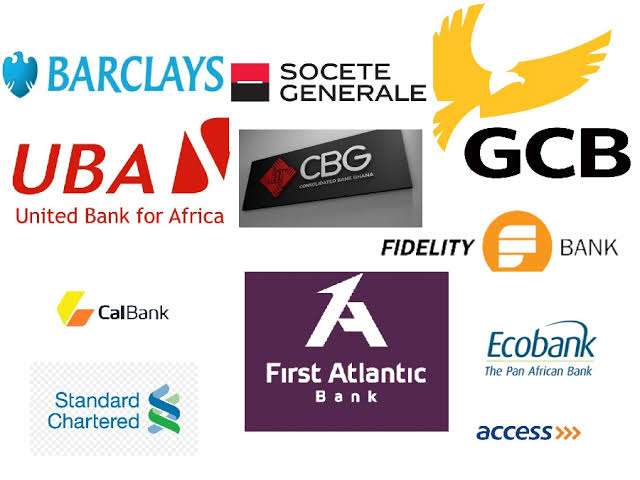The banking sector in Ghana for some time now, especially in 2022, witnessed a shift in its investment portfolio, with its long-term debt instruments or securities remaining the largest component despite the implementation of the Domestic Debt Exchange Programme (DDEP).
According to Bank of Ghana’s latest report, investments contracted by 4.8% in 2022, reaching Gh¢79.2 billion in December 2022 from a growth of 29% in 2021.
Despite the decline in investments, the report highlighted that securities or long-term debt instruments such as bonds continued to dominate the investment portfolios of banks, with their share increasing to 76.4% in December 2022 from 75.3% in December 2021. This suggests that banks are still finding long-term debt instruments to be attractive despite the government’s push towards shorter-term debt instruments.
Meanwhile, the share of short-term bills or Treasury bills in total investments declined to 23.3% from 24.4% over the same comparative period, reflecting the impact of the domestic debt exchange programme (DDEP) on the banking sector.
The debt exchange programme, which was initiated to manage the country’s domestic debt and reduce its overall cost, led to the government’s issuance of new long-term bonds to replace existing shorter-term ones. This move, however, seems to have had a limited impact on the banking sector’s preference for long-term debt instruments.
Nonetheless, equity investments remained negligible at 0.3%, suggesting that banks still prefer debt instruments over equity investments. This may be due to the relatively higher risk associated with equity investments compared to debt instruments, especially in Ghana’s volatile economic environment.
Decline In Investment
Decline in investments in 2022, as stated by BoG’s report was largely attributed to the portfolio reallocation by banks in response to higher Cash Reserve Ratio (CRR) requirements introduced during the year by the Central Bank of Ghana and the DDEP.
The Cash Reserve Ratio is the percentage of deposits that banks are required to hold in reserve with the central bank. The increase in this requirement reduces the amount of funds available for investment, leading to a shift in banks’ asset portfolios in favour of loans and other assets.
As a result of the portfolio reallocation, the share of investments in total assets declined to 35.8% in December 2022 from 46.2% in December 2021.
Short-term bills and long-term securities both experienced similar declines, with bills contracting by 9.2% and securities declining by 3.3% at the end of December 2022.
Overall, the latest report from the Bank of Ghana suggests that the banking sector in Ghana continues to favour long-term debt instruments despite the implementation of the DDEP.
However, the decline in investments in 2022 highlights the impact of regulatory measures on banks’ investment decisions, as well as the need for banks to rebalance their portfolios in response to changing market conditions.
Season Of Sorrow For Ghana Banks
Still with focus on the current outlook of Ghana’s banking sector, the Vice President of IMANI Africa, Bright Simons, has expressed worry about the excessive taxes banks and other financial institutions are being asked to pay in 2023, despite the impact of the Domestic Debt Exchange Programme (DDEP) on their operations.

According to Mr. Simons, banks in Ghana are being charged to pay 5% taxes on their profit-before-tax this year. Non-bank financial institutions, insurance companies, telecommunication firms, Oil Marketing Companies, Bulk Oil Distribution Companies (BDCs) are among 15 firms that are also to expected to pay 5% tax on their profits in 2022.
Narrating the ordeal as burden, he stated that it is unfortunate that government is growing a strong appetite to take from the private sector even when they are struggling to breakeven.
Stating an example, IMANI’s Vice President divulged that a that a reasonable policy will be for government to advocate fiscal policies that will encourage the private sector to reinvest the little profit that would be made in their businesses for expansion.
“It is the Season of Sorrow for Ghana’s banks. Fresh out of an episode where they were made to bear double their share of the burden of Ghana’s ongoing debt restructuring, they are about to be hit with an extra 5% in corporate taxes. They’re to join calls for fiscal discipline.”
Bright Simons
Read also: IMF’s Bailout Will Put The Economy Back On Track- Prof. Osei-Assibey



















